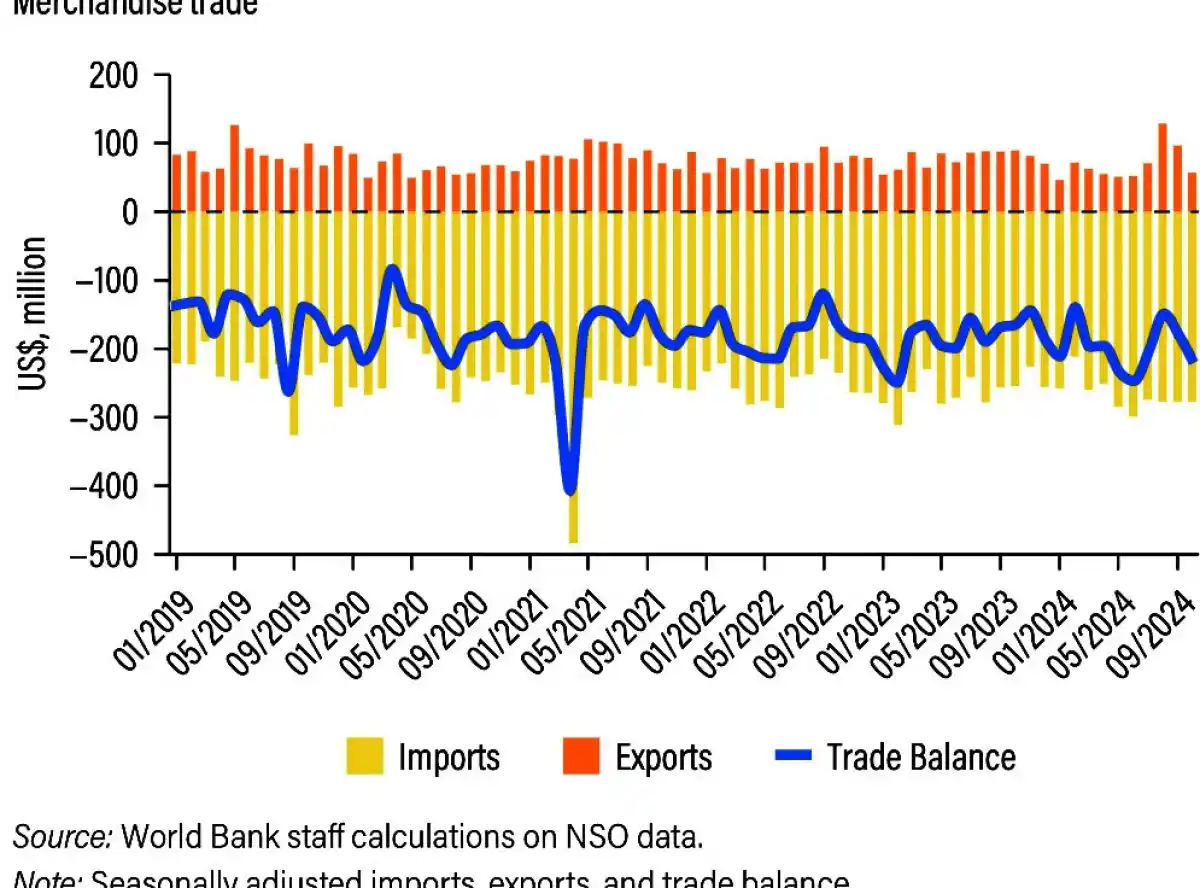
By Kingsley Jassi:
Malawi has joined the newly established Pan African Payment and Settlement System (Papss), which is expected to transform intra-Africa trade as it pilots the use of local currencies to settle cross-border payments.
The Papss system already provides settlement of net import bill between two trading countries as opposed to settlement of gross import bills.
Previously, African companies and banks used correspondent banks, mainly outside Africa, when settling payments between two African currencies, with dollar and Euro as main trading currencies, creating foreign exchange and liquidity requirements for individual African central banks.
Considered by many to be a game changer for intra-African trade, Papss aspires to save businesses across the continent in transaction costs each year, according to the International Trade Administration of the US government.
The system is being championed by Afreximbank and the Africa Continental Free Trade Area (AfCFTA) as it aims to boost intra Africa trading with fewer barriers.
Both the Reserve Bank of Malawi and the Bankers Association of Malawi feel this is a game changer and will boost cross-border trading.
RBM spokesperson Mark Lungu said in his response through a questionnaire that Papss is instrumental in the realisation of an integrated and interoperable Africa, notably as part of the aspirations of the AfCFTA, a flagship project of the African Union.
“RBM also supports the implementation of Papss as the system does not aim to replace the existing regional payment systems, but rather to collaborate with them to facilitate payments interoperability across Africa,” he said.
He disclosed that Malawi is already a member of Papss with three commercial banks, including National Bank of Malawi, CDH Investment Bank and NBS Bank, already joining the system while four others banks namely Ecobank, Centenary bank, FDH Bank and Standard bank are in the process of finalising their membership.
Bam Chief Executive Officer Lyness Nkungula said Papss is a transformative initiative that will significantly enhance cross-border trade within Africa.
“By enabling instant and secure payments in local currencies, Papss addresses the historical complexities and costs associated with cross-border transactions. This system aligns with Bam’s commitment to fostering a more integrated and efficient financial ecosystem across the continent,” Nkungula said.
She said adopting Papss will require certain adjustments to current payment and settlement systems such as upgrading technological infrastructure to ensure compatibility with Papss and aligning regulatory policies to support cross-border transactions.
As of last year, at least 11 African countries including Zambia, Zimbabwe, Kenya and others had already joined the system.








0 Comments